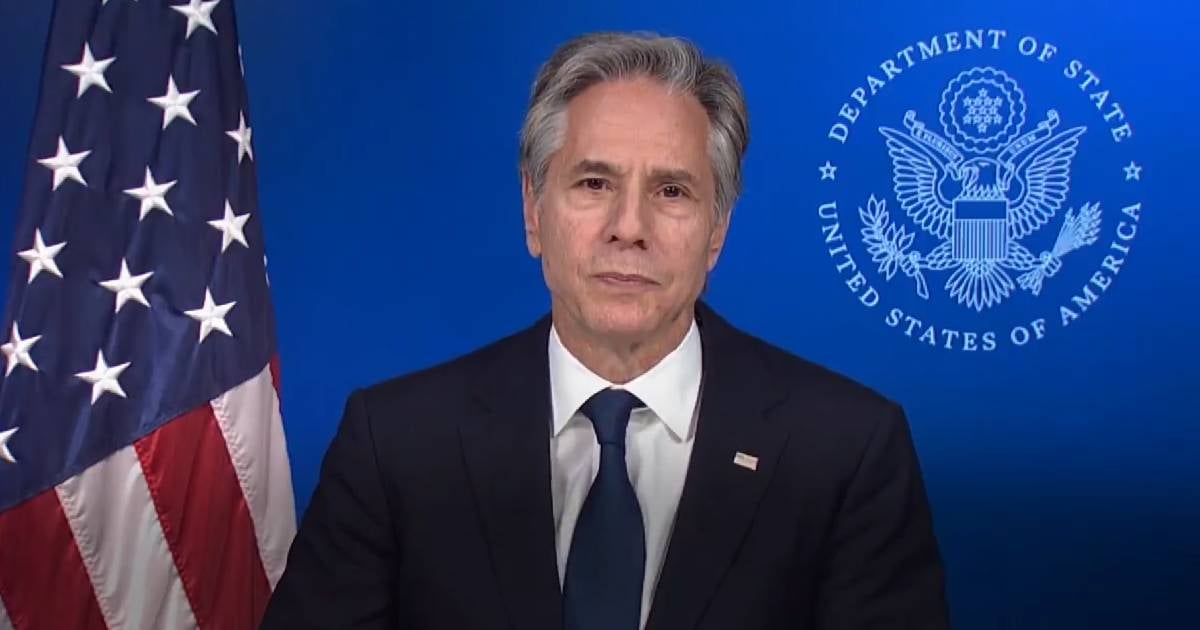
Related videos:
The U.S. government confirmed that Cuba will remain on the list of state sponsors of terrorism, according to the most recent State Department report on terrorism in 2023.
The decision is based on the assessment that the Cuban government continues to provide safe haven to terrorists and fugitives from justice, as well as its ties to guerrilla groups.
The report details that Cuba was re-listed in January 2021 after it was determined that it provided repeated support for acts of international terrorism.
One of the main arguments is the Cuban government's refusal to extradite leaders of the National Liberation Army (ELN) involved in the 2019 attack on a police academy in Bogotá, Colombia, which resulted in 22 deaths and 87 injuries.
The names of ELN leaders Víctor Orlando Cubides (alias "Pablo Tejada") and Ramírez Pineda (alias "Pablo Beltrán") were highlighted, as Colombia submitted extradition requests for them.
It is also noted that several fugitives from American justice have been living on the island for decades.
Alongside Cuba are countries with which the Havana regime maintains close relations, such as Iran, North Korea, and the recently overthrown government of Syria.
Staying on this list means the imposition of severe sanctions, such as restrictions on arms exports, financial limitations, and controls over the export of dual-use goods. These sanctions exacerbate the economic difficulties faced by Cuba, hindering its access to trade and foreign aid.
Cuba's continued presence on this list dispels speculation about its potential removal, following the U.S. government's decision in May to exclude the Island from the list of countries that do not fully cooperate with antiterrorism efforts.
To calm tensions, Deputy State Department spokesperson Vedant Patel clarified that, while there is cooperation in the fight against terrorism, actions by Cuba still persist that justify its continued presence on the list of state sponsors of terrorism.
However, in November 2024, Republican Senator Rick Scott expressed his concern about the possibility that the Biden administration might consider removing Cuba from the list before the end of its term.
Scott argued that removing the Cuban regime from this designation would overlook the danger it poses and empower America’s adversaries.
For its part, the Cuban government has repeatedly requested its exclusion from the list, labeling its inclusion as arbitrary and unfounded.
Following the decision in May, the Cuban Ministry of Foreign Affairs reiterated its stance, urging the United States to rectify what it views as an injustice.
Cuba was initially designated as a state sponsor of terrorism in 1982 due to its support for guerrilla groups. Subsequently, in 2015, the administration of Barack Obama revoked that designation as part of the process of normalizing relations. However, it was reinstated in 2021 under Donald Trump's first administration.
Frequently asked questions about Cuba's inclusion on the list of state sponsors of terrorism
Why does the United States keep Cuba on the list of countries that sponsor terrorism?
The United States keeps Cuba on the list of countries that sponsor terrorism because, according to the State Department, the Cuban government continues to provide safe haven for terrorists and fugitives from justice. Additionally, it notes Cuba's refusal to extradite leaders of the National Liberation Army (ELN) involved in an attack in Colombia, as well as its connections with several fugitives from U.S. justice.
What are the consequences for Cuba of being on the list of state sponsors of terrorism?
Cuba's inclusion on the list of state sponsors of terrorism entails severe economic sanctions, such as restrictions on arms exports, financial limitations, and controls over the export of dual-use goods. These sanctions worsen the already challenging economic conditions on the island, limiting its access to trade and international aid.
What is the Cuban government's stance on its inclusion in the terrorism list?
The Cuban government rejects its inclusion on the list of state sponsors of terrorism, deeming it arbitrary and unfounded. They have repeatedly requested to be removed from this list, arguing that the accusations are baseless and that the decision unjustly harms Cuba.
What impact does this designation have on the relations between the United States and Cuba?
Cuba's designation as a sponsor of terrorism worsens relations between the United States and Cuba. The economic sanctions associated with this designation complicate any attempts to improve bilateral relations and increase political and economic tensions between the two countries.
Filed under: